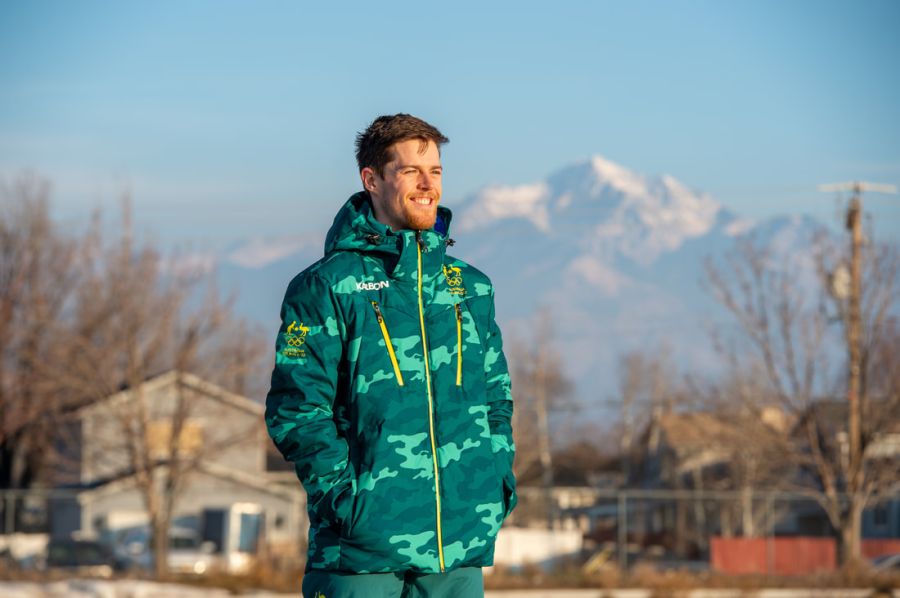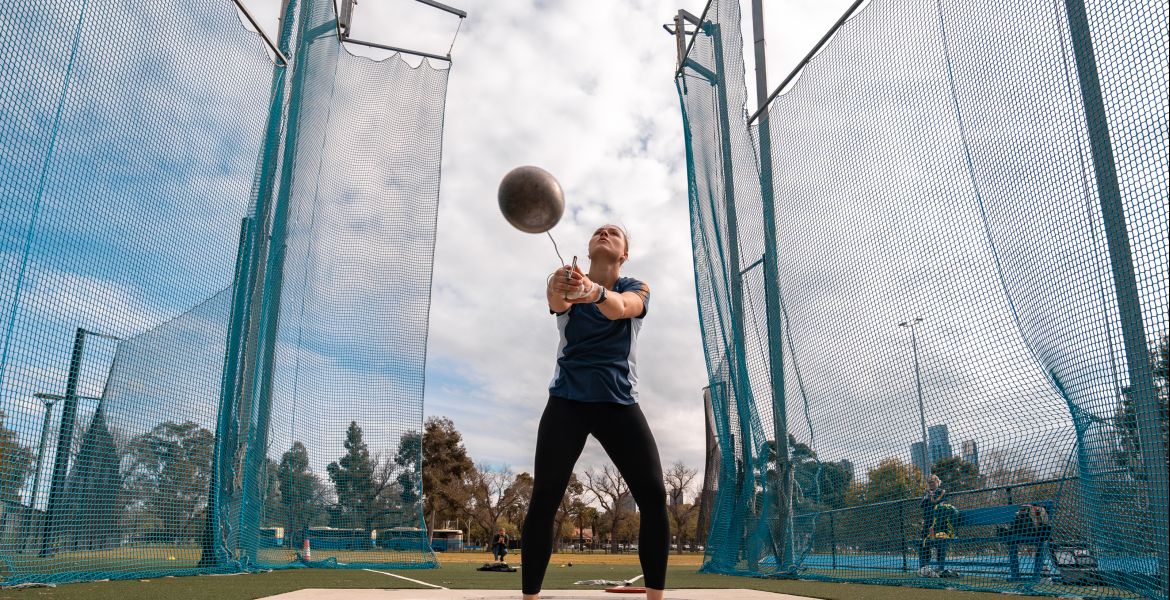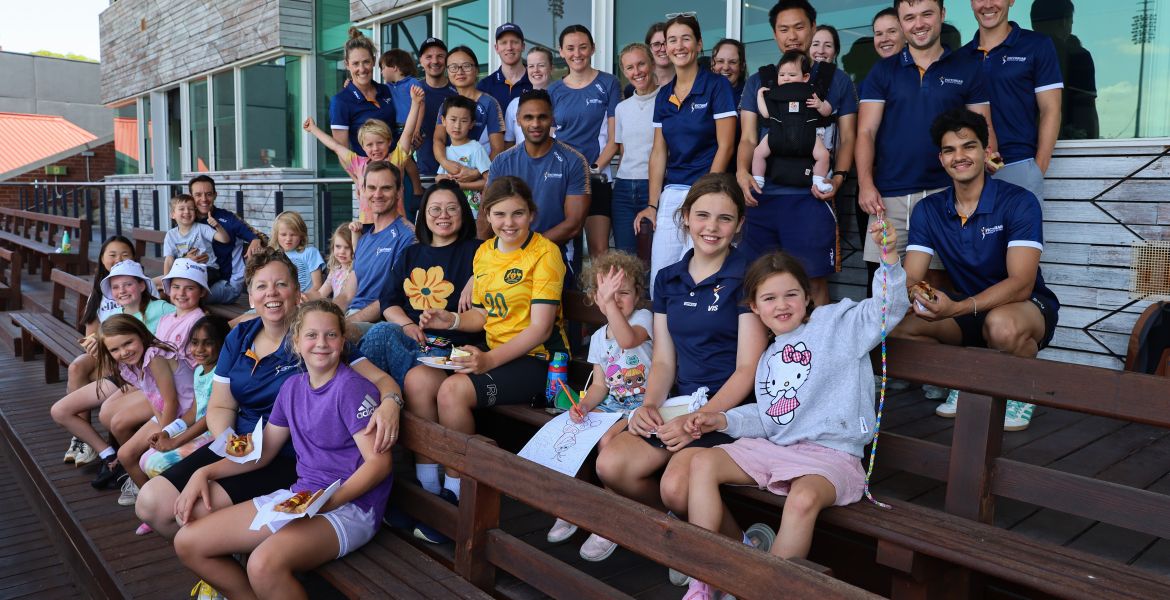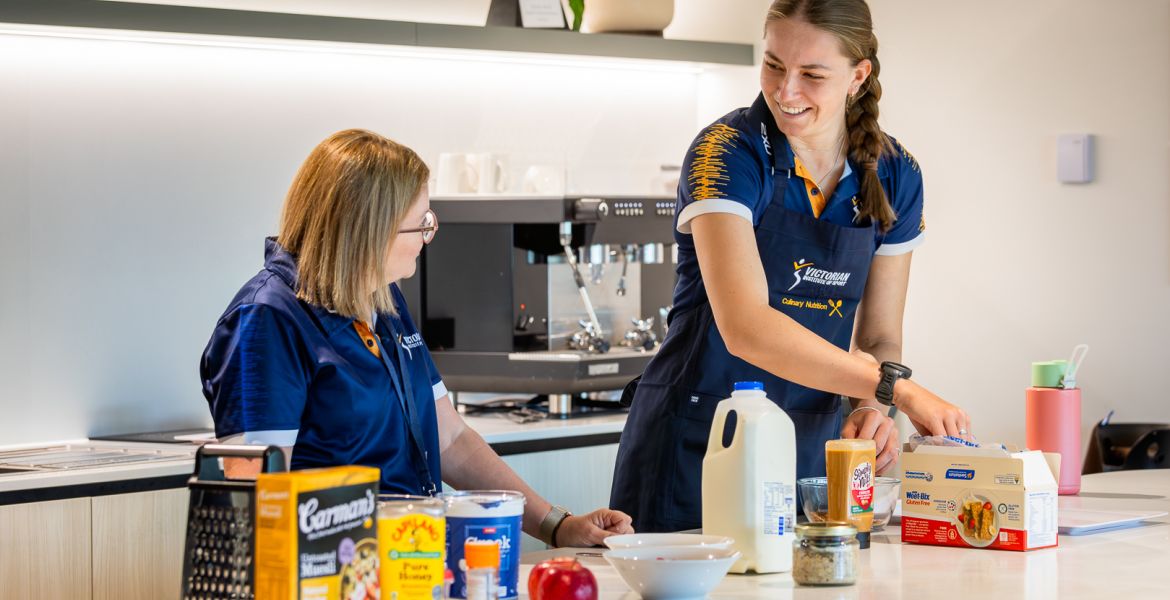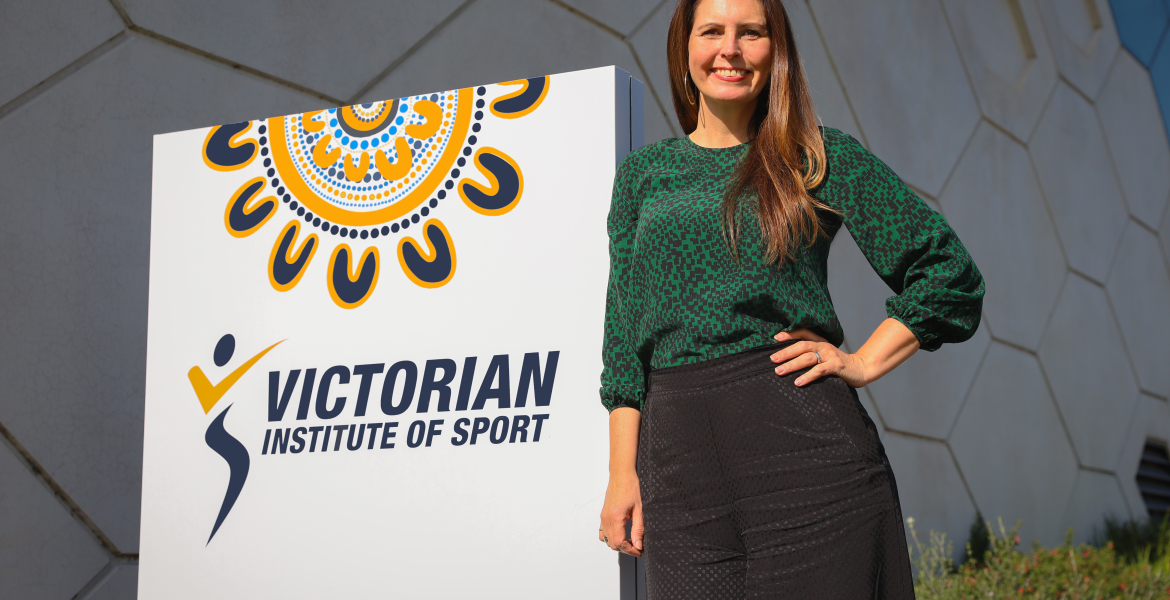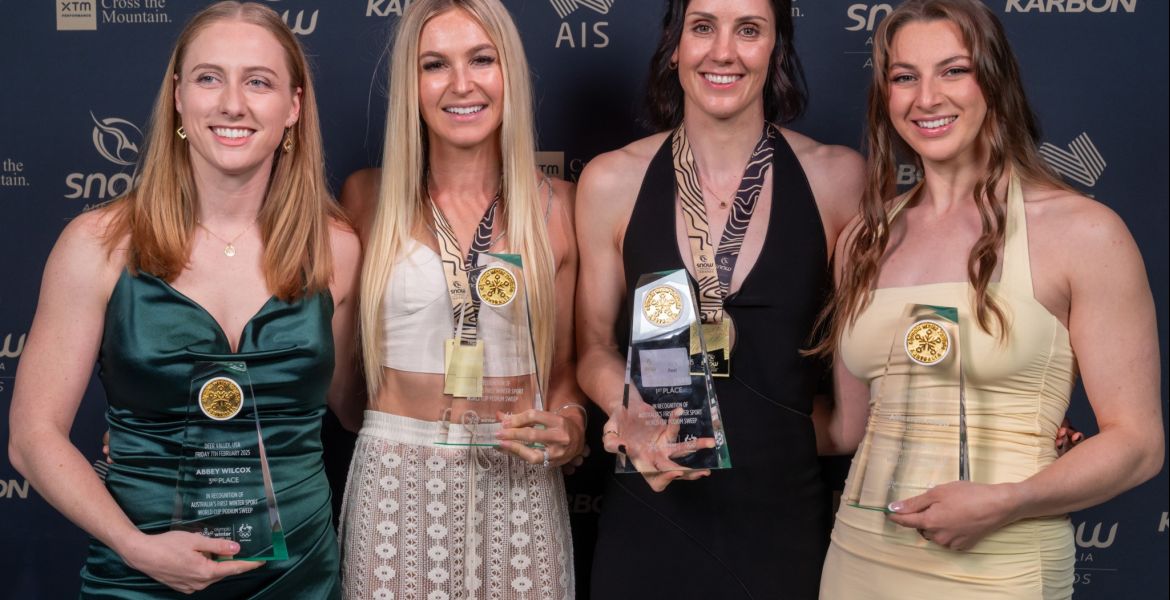For Australian speed skater and Victorian Institute of Sport (VIS) athlete Brendan Corey, that fine line between glory and disaster came sharply into focus last year, in the form of a skate blade to the neck.
Now, six months out from the Milano-Cortina 2026 Winter Olympic Games, Corey is more determined than ever. Not just to return, but to reach higher, skate faster, and carve his name into the history books.
“I’m not fearful that it will happen again; it’s not healthy to live in fear,” the 28-year-old said calmly, reflecting on the incident at the 2025 World Championships in Beijing.
It was the final lap of the 1000m quarterfinal. In a sport defined by split-second decisions, one mistake from a competitor saw Corey struck by a flying blade. He instinctively clutched his neck as he lost balance and crashed into the barrier. The cut, dangerously close to major arteries, resulted in a fractured thyroid cartilage.
“This was an extremely rare incident and not very typical within the sport," reflected Corey.
“I have personally never seen anyone have their neck cut by a blade in my 20 years of speed skating.”
Instead of retreating, Corey used the time off-ice to reflect, reset, and recharge.
Corey's comeback is the result of relentless determination and a dedicated support team behind the scenes.
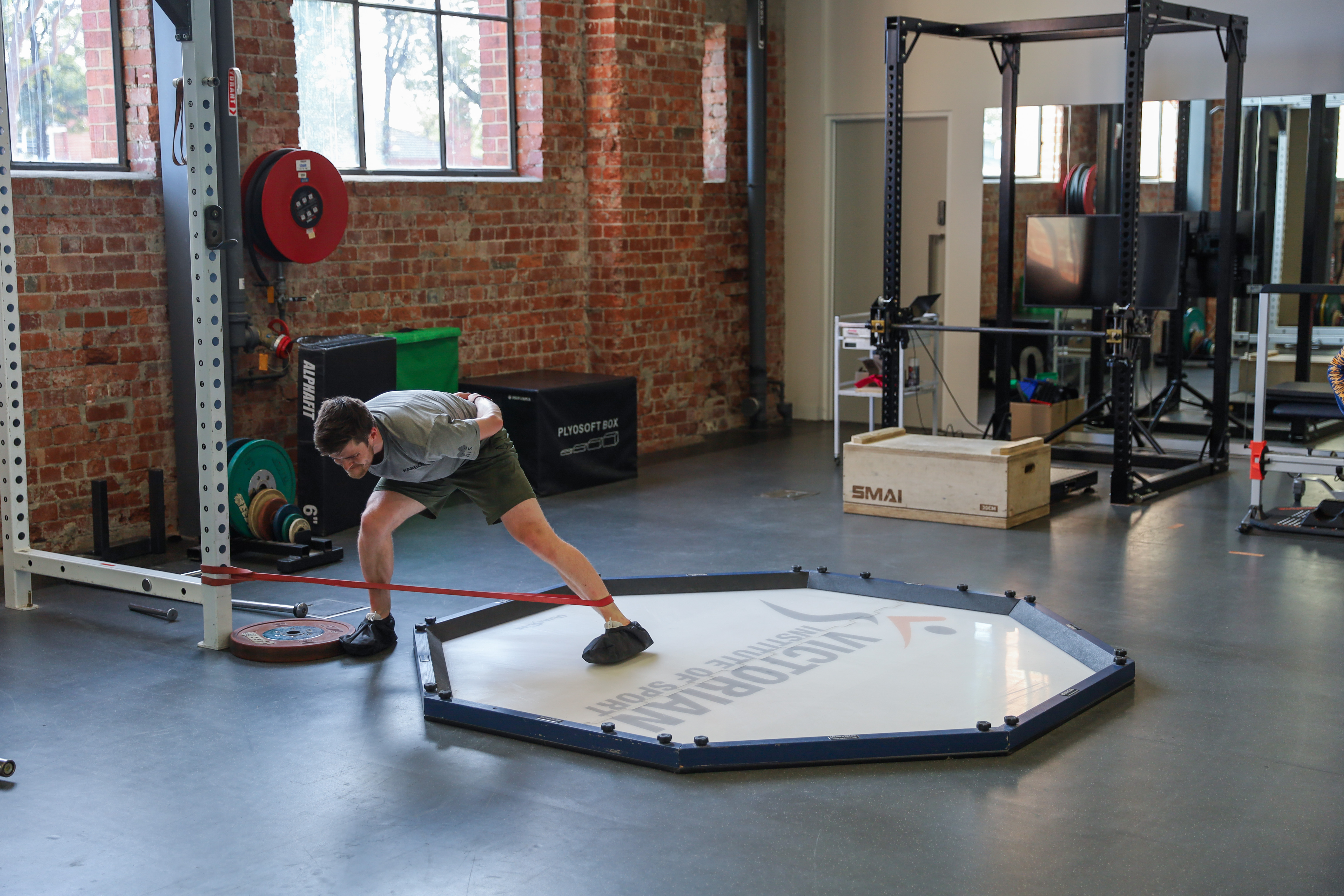
Corey has spent his off season at the Victorian Institute of Sport.
Since early 2025, VIS Physical Preparation Coach Cate Gifford has played a pivotal role in keeping Corey physically strong and injury-free.
“Cate is making sure I'm physically strong and healthy,” said Corey.
“She is helping me with many ‘prehab’ exercises to make sure I can avoid injury.
“This sport is very demanding on the knees, and we have been putting in a lot of effort to strengthen this area.”
While Corey trains overseas with the Italian national team, the VIS team provides a consistent support framework at home.
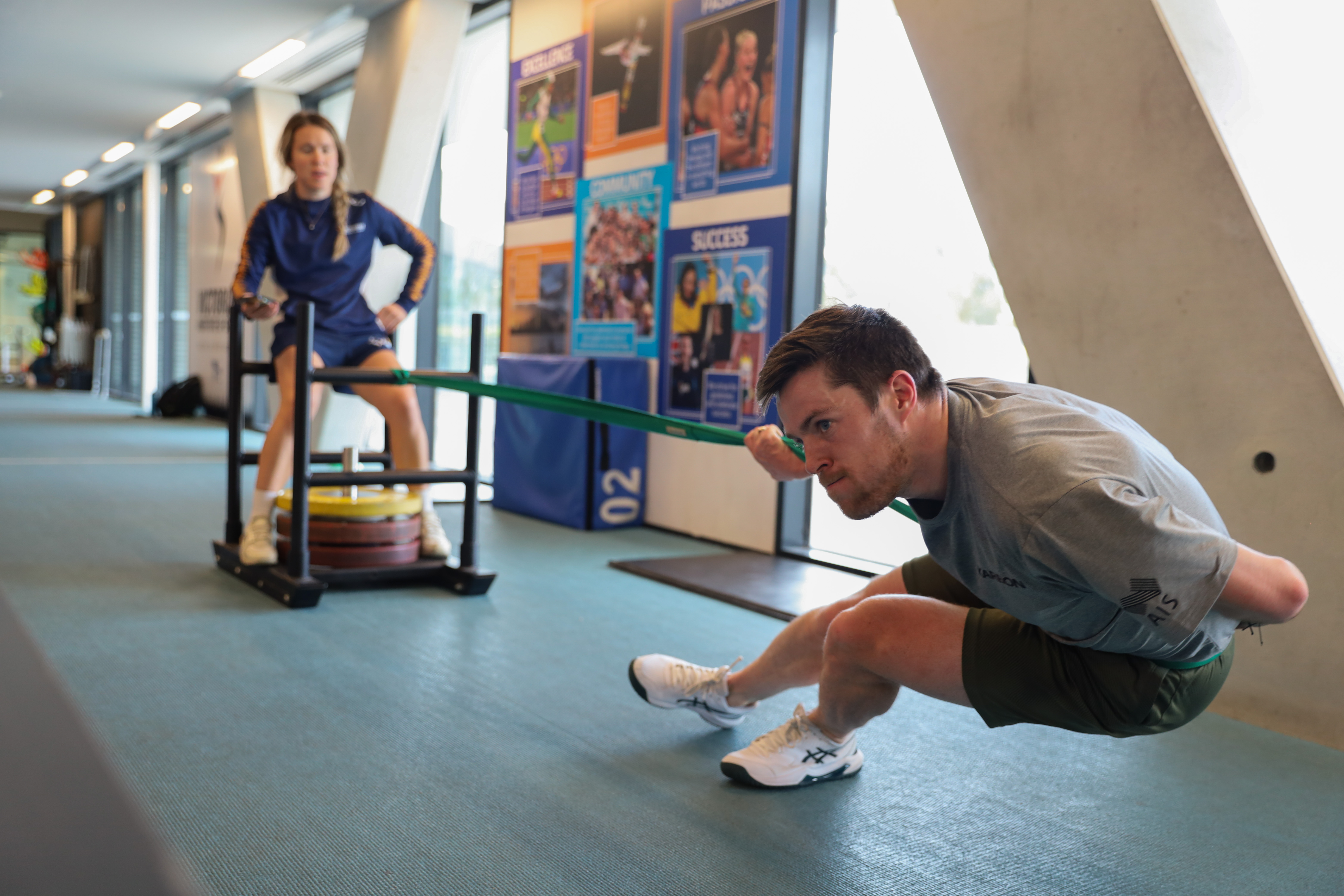
Corey training at the Victorian Institute of Sport with Physical Preparation Coach Cate Gifford.
“Speed skating is my favourite thing and there’s nothing else I would rather do.”
Corey's mindset has shaped his journey from a kid who just wanted to skate fast to becoming Australia’s first individual World Championship medallist in short track speed skating in over four decades.
At the 2024 ISU World Championships in Rotterdam, Corey etched his name into the history books, claiming bronze in the 1500m; Australia’s first-ever individual medal at that distance.
“This (medal) proves to me that I am good enough to compete with the best in the world. I proved wrong all the people who said I would never make it... I hope this success helps to put the sport of speed skating back into the forefront of Australian winter sports, like it was over 20 years ago.”
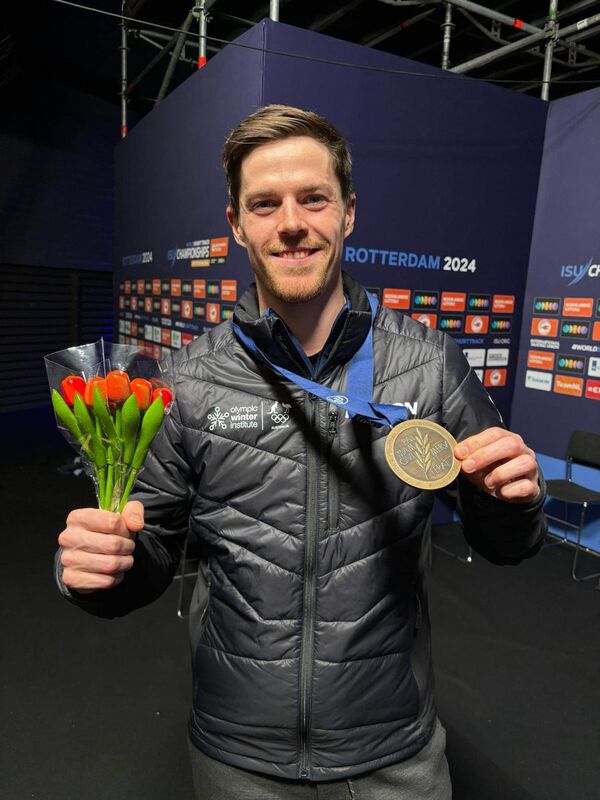
Corey claimed bronze at the 2024 ISU World Championships (credit: Olympic Winter Institute Australia)
The Road to Milano-Cortina
With the injury behind him, Corey is now focused on Olympic qualification. Australia’s short track squad will contest four World Cup events in October and November, with the best three results counting towards selection.
“I have won a world championship medal in the past, and an Olympic medal is the next step,” he said.
“I always go into most events with an ‘underdog’ mentality. Even though I have won a medal in the past, Australia is not considered one of the ‘big teams’ in short track that is expected to win medals.
"I use this to my advantage because I find there is less pressure on me than the other top athletes at major events.”
It’s this grounded confidence, paired with world-class race craft, that makes Corey one of the most dangerous dark horses in the sport.
“And then after all of that… a bit of luck sprinkled on top,” Corey added.
For Corey, the road to Milano-Cortina has been anything but smooth. Six months from now, he hopes to be standing on Olympic ice once more. This time, not just as a contender, but as a champion of resilience, and a proud representative of the VIS, Australia, and the belief that no setback is ever final.
Because for Corey, it was never just about skating fast.
It was always about racing forward, no matter what stood in the way.
By Sarah Dyce
Victorian Institute of Sport
Cover image: Olympic Winter Institute Australia

